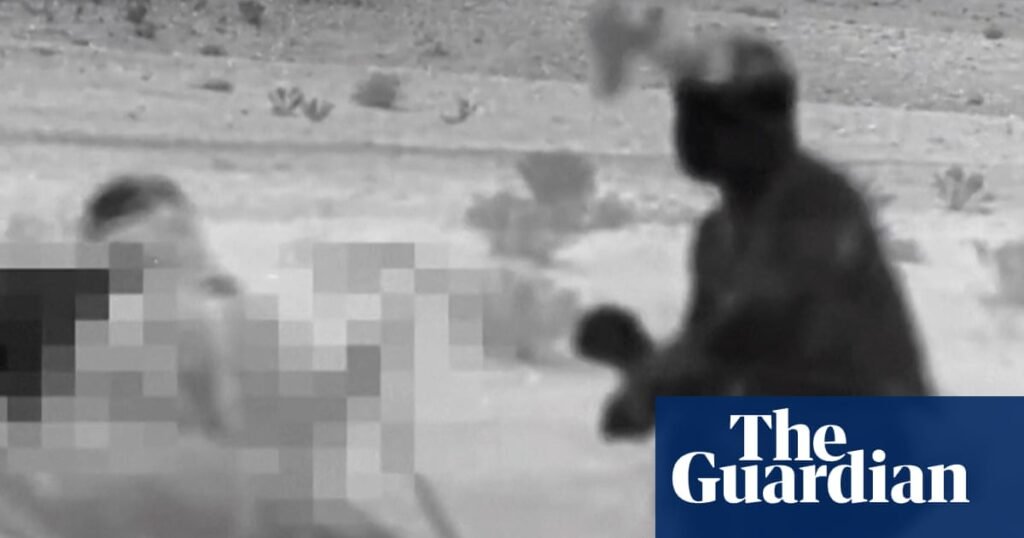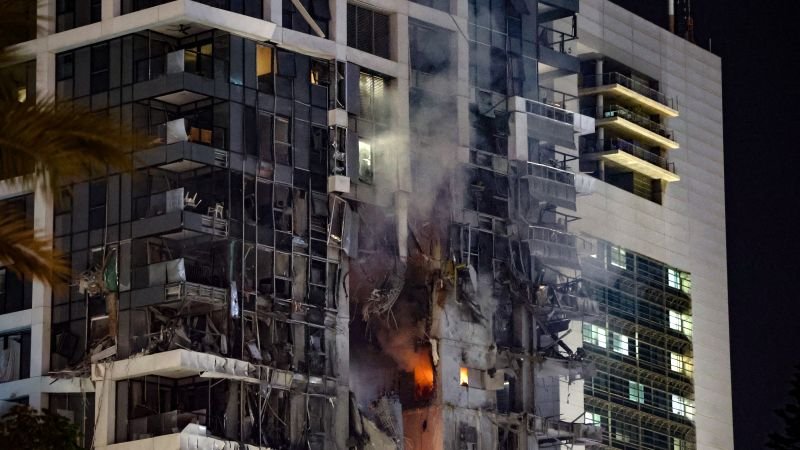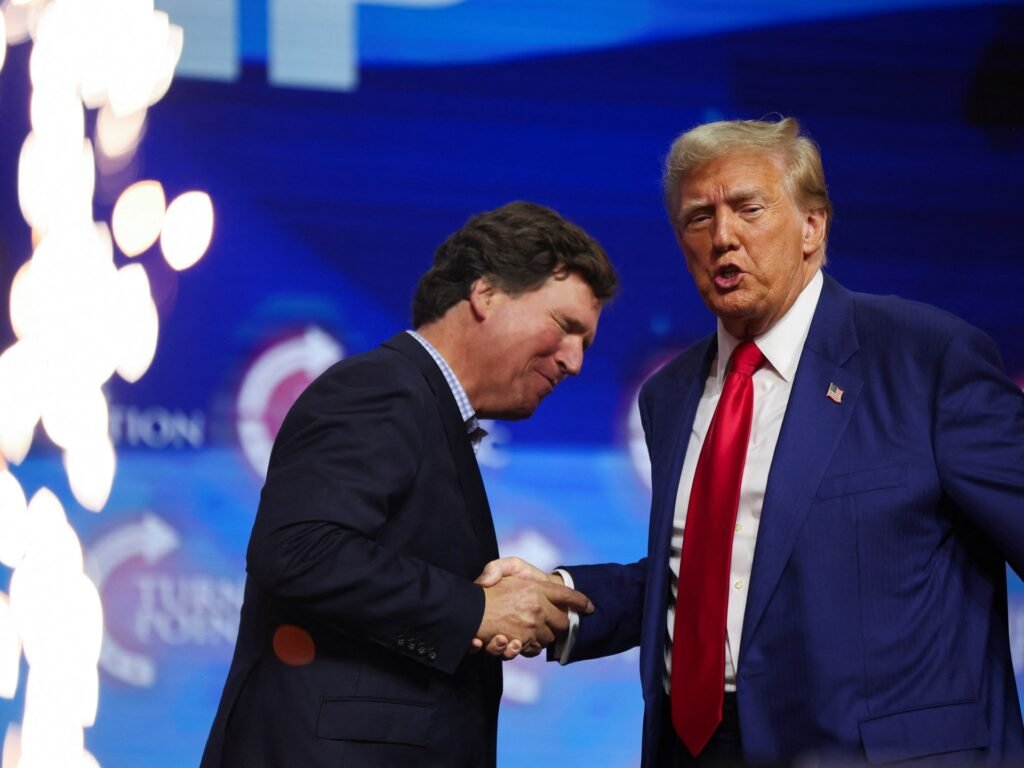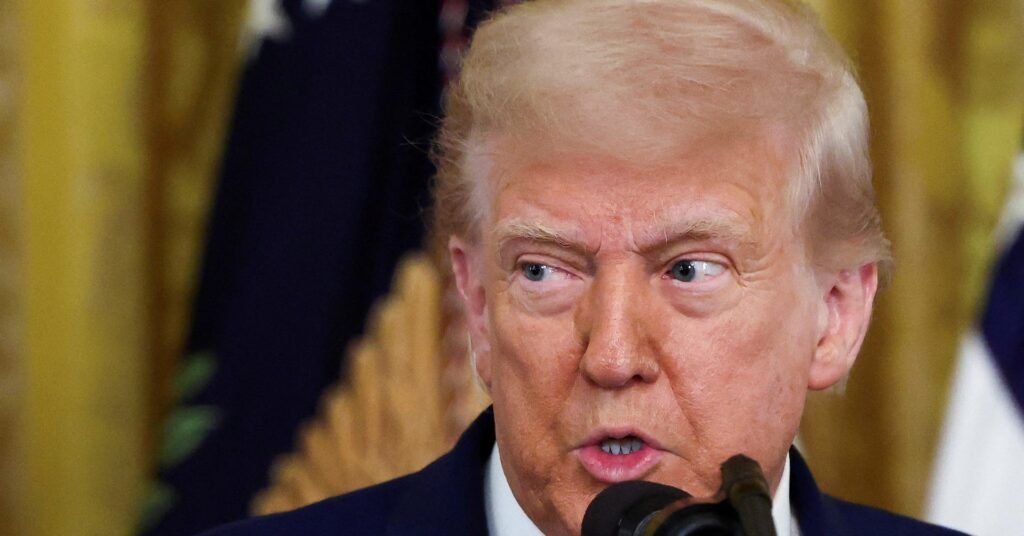A judge temporarily halted the Trump administration’s National Guard deployment in Los Angeles, writing Thursday that the federal government did not have the authority to nationalize California’s National Guard.
U.S. District Judge Charles Breyer issued the temporary restraining order after an hourlong hearing in a San Francisco federal court.
California’s attorney general challenged the deployment, saying the administration failed to properly follow the statute that permits the federalization of a state’s National Guard.
Breyer’s ruling is broader than the state had sought. State Attorney General Rob Bonta had wanted to ensure that the guard members weren’t participating in civilian law and immigration enforcement, but Breyer said the federal government exceeded its authority because it did not notify Newsom, as the statute cited by the administration requires, and wrote that Trump’s actions were illegal, “both exceeding the scope of his statutory authority and violating the Tenth Amendment to the United States Constitution.”
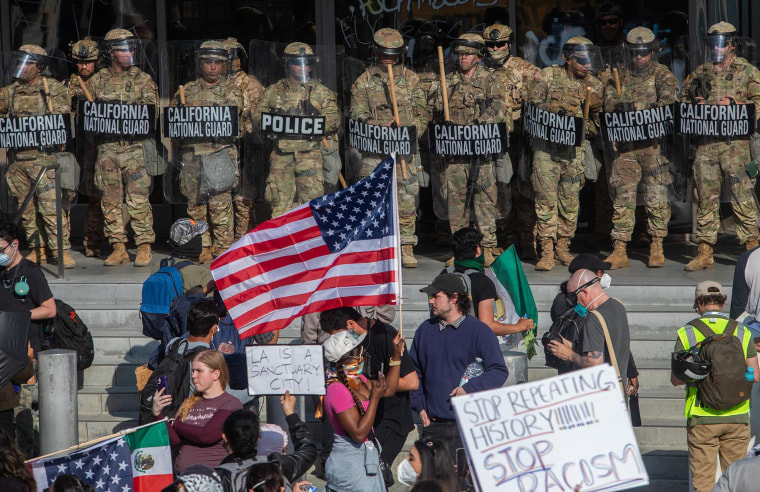
“He must therefore return control of the California National Guard to the Governor of the State of California forthwith,” Breyer continued.
In court, a lawyer for the federal government initially said the administration had complied with the three-prong test required by the statute. He later said the matter was not subject to judicial review.
The Trump administration has appealed, and has asked the Ninth Circuit Court of Appeals to pause Judge Charles Breyer’s order — which is set to go into effect at 3p ET Friday, ordering the National Guard out of Los Angeles, and back under Gov. Newsom’s control.
“The district court has entered an unprecedented order enjoining the President from deploying National Guardsmen to protect federal officers from ongoing violent protests and attacks, and to protect federal property from further damage,” attorneys for the Department of Justice wrote. They added that the “order is an extraordinary intrusion on the President’s constitutional authority as Commander in Chief to call forth the National Guard as necessary to protect federal officials.”
“The district court concluded that the statutory conditions were not satisfied,” the DOJ attorneys wrote. “But that sort of second-guessing of the Commander in Chief’s military judgments is a gross violation of the separation of powers. Nearly 200 years ago, the Supreme Court made clear that these judgment calls are for the President to make—not a Governor, and certainly not a federal court”
Breyer’s order does not apply to the deployment of 700 Marines to Los Angeles. In the hearing Thursday afternoon, he expressed skepticism that he was able to control their movements, because the governor of California does not have authority over the Marine Corps. “I don’t understand how I’m supposed to do anything with the Marines, to tell you the truth,” he said.



